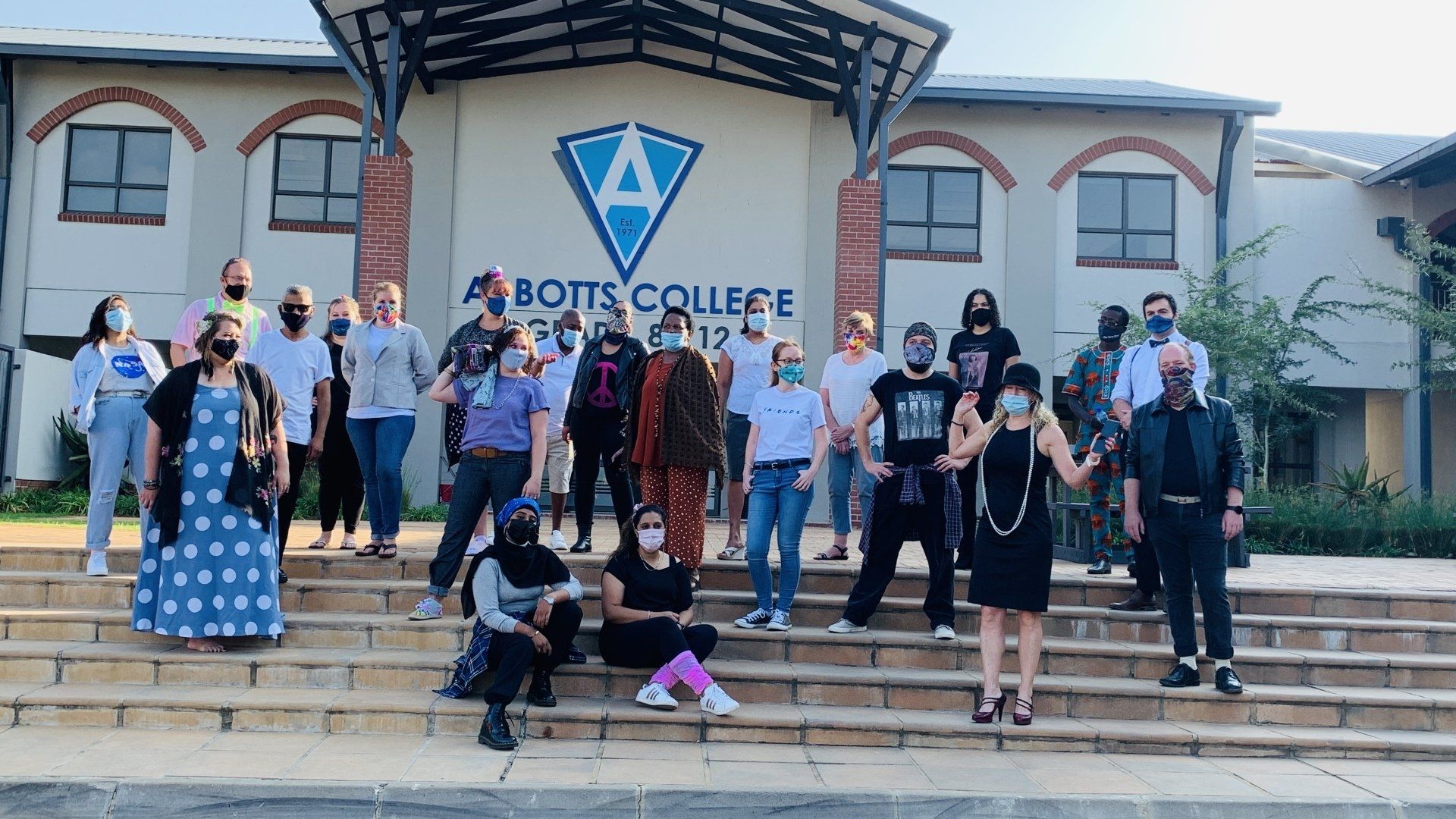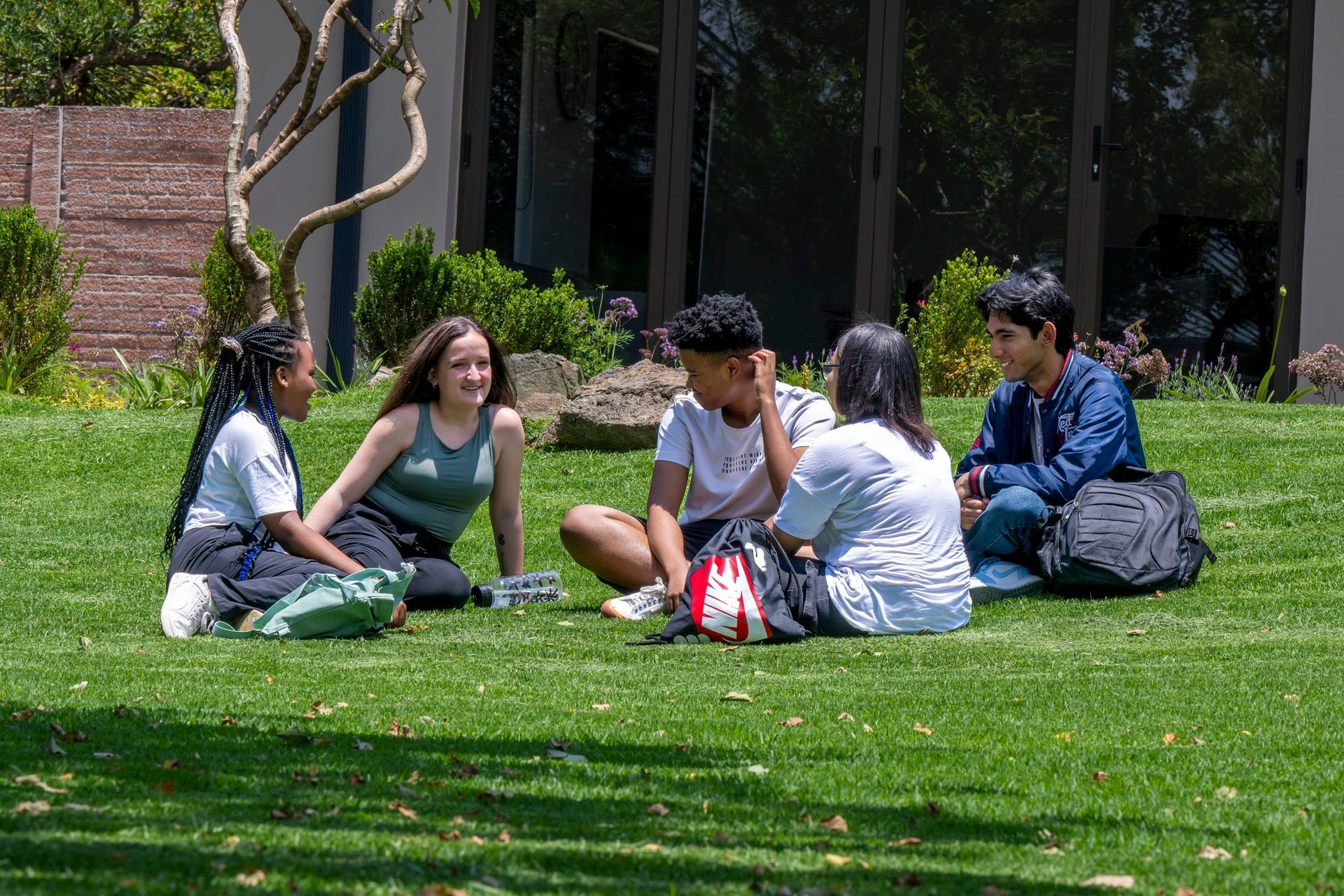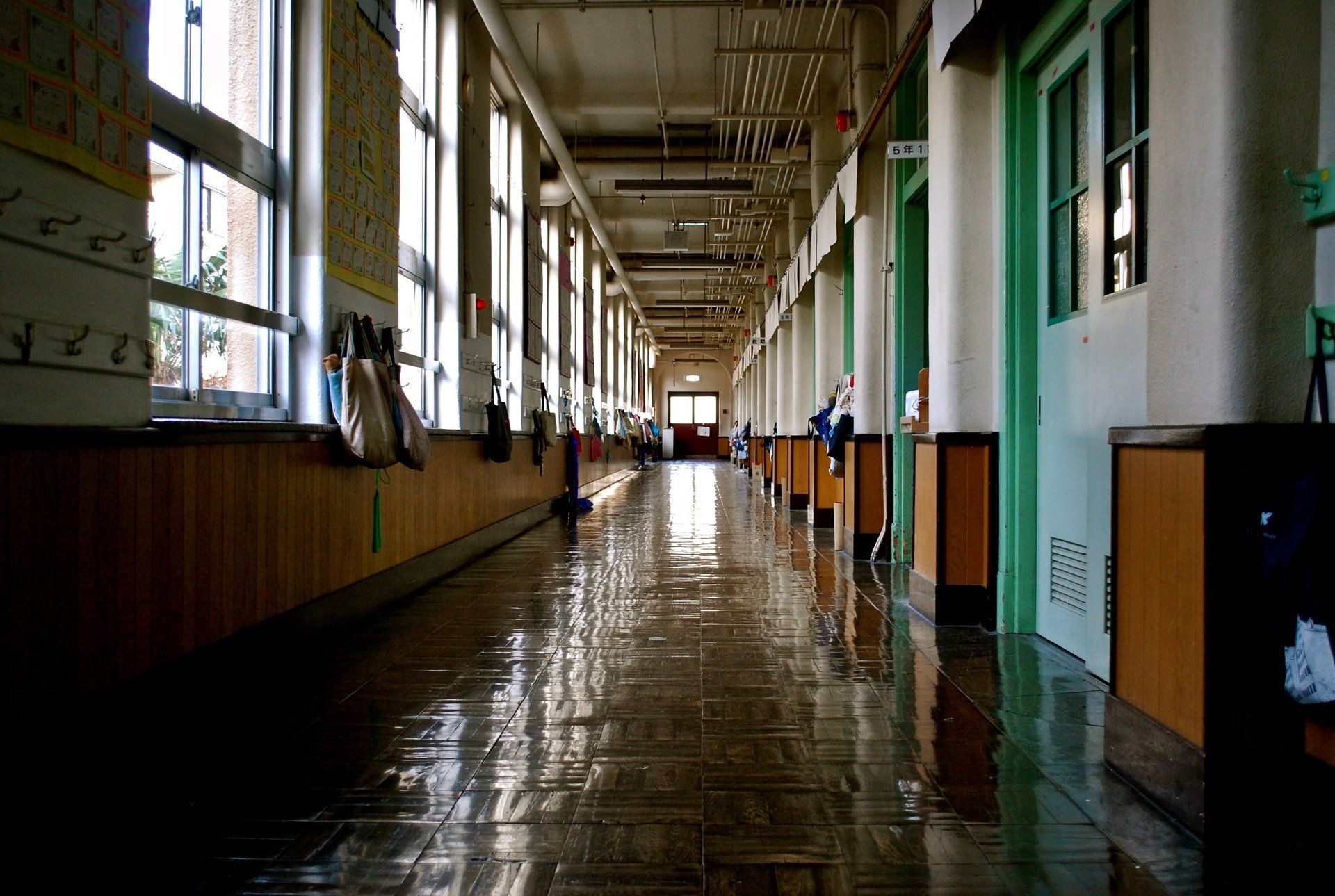By Ivan Horn, Principal: Abbotts High School Rondebosc
•
June 12, 2025
Key Takeaways Personalised learning helps teens thrive by focusing on their unique strengths, interests, and goals. This approach encourages students to take ownership of their studies, building confidence and responsibility. Teachers play a vital role by adapting lessons and feedback to suit individual learning styles. Alternative education models often integrate personalised learning to support students who need flexibility. Whether you’re exploring private high schools in Pretoria , Centurion high schools , high schools in Northcliff , Johannesburg, or high schools in Cape Town with no uniform , personalised learning can help students reach their full potential in any environment. Every young person has a unique story, but in the wrong school, that story might never be realised and celebrated. The right school, however, ensures that each story is heard and every student lives up to their full potential. Enter personalised learning: Environments where young people are seen, supported and encouraged to explore who they are and want to be in the world. When parents and students walk into a school which prides itself on being student-centered, they immediately feel this difference. In my 30 years in education, I’ve been continually inspired by what young people can achieve when given the right tools, space, and support. Success is about so much more than academic results, it also includes emotional and social growth. When students are free to express themselves, they experience deeper learning, and greater personal well-being and self-confidence. This freedom builds communication skills, sparks creativity, and fosters critical thinking, developing them into confident and capable young adults. TAILORING EDUCATION TO INDIVIDUAL NEEDS When schools shift to personalised learning, something transformative happens: Students stop feeling like just another face in the crowd and instead, they become active participants in their education. With tools like MAP assessments, teachers gain valuable insights into where a student excels and where they need support. This data informs learning plans tailored to each student’s pace and style. Some students benefit from short videos or visual aids, while others prefer hands-on tasks or one-on-one support. Platforms like Khan Academy and adaptive learning apps help teachers meet these diverse needs with precision. This model creates a more dynamic learning environment, where a struggling student can revisit a topic until it makes sense. Advanced learners are able to move on to more challenging material without waiting. Each student progresses at their own pace, in a way that works for them. BEYOND ACADEMICS The benefits of personalised learning go well beyond the classroom. Students build emotional resilience when their needs are recognised and met. Social development naturally follows as they take ownership of their learning and grow in confidence. Personalised learning doesn’t demand perfection, but invites growth. Schools become places of discovery, where students study not only the curriculum, but also discover who they are and what they’re capable of. If you are wondering whether high schools can change lives by embracing individuality, just watch a student light up when talking about a subject they love. Look at the learners who feel safe enough to speak up, take risks, and aim higher. UNLOCKING TRUE POTENTIAL When schools see students not as numbers, but as individuals with dreams and potential, education becomes truly impactful. Personalised learning is not a trend, it is a return to what learning should be: human, responsive, and empowering. As educators, parents, and communities, we must create environments where every student feels valued and every voice matters. Because when we embrace students for who they really are, we unlock the door to who they’re meant to become. FAQs How does alternative education in South Africa support personalised learning? Alternative education South Africa supports personalised learning by offering flexible teaching styles that focus on each student’s needs and learning preferences Do any high schools in Cape Town allow students to wear their own clothes? Yes, high schools in Cape Town with no uniform , like Abbotts College Rondebosch, allow students to dress casually, promoting individuality alongside academic success. How does personalised learning work in Centurion schools? Centurion schools like Abbotts College use personalised learning by adapting lessons to suit each student’s strengths and goals, helping them build confidence and achieve better results. How do I decide which high school in Centurion area is best? To choose the best high school in Centurion area , consider the school’s teaching style, support systems, and how well it aligns with your teen’s academic goals and personal growth. Why might parents choose private high schools in Johannesburg for their teens? A5. Private high schools in Johannesburg provide personalised learning, strong academic programmes, and individual support to prepare teens for university and life beyond school.











